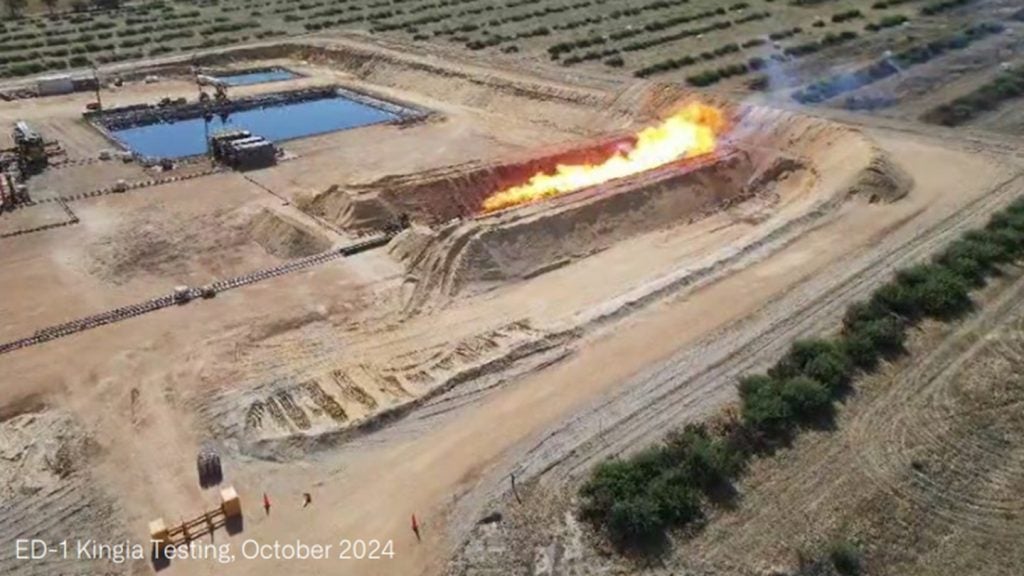
Concerns of severe economic slowdown have pulled down global oil prices, offsetting supply disruptions in the crude market.
The slowdown worries have countered supply disruptions caused by OPEC’s production cuts and by US sanctions on Iran and Venezuela.
Brent crude oil futures dropped by 30 cents to $66.73 a barrel while US West Texas Intermediate (WTI) futures slipped 35 cents to touch $58.69, reported Reuters. Last week, Brent and WTI reached their highest since November 2018 on support from the sanctions-related disruptions and other factors. Since then, both benchmarks went down by nearly 3%.
The fall in prices was primarily due to concerns about a potential US recession. On 22 March 2019, long-term yields fell sharply after the US Federal Reserve kept interest rates unchanged and indicated that they could not hike rates until the end of 2019.
The bearish remarks saw 10-year treasury yields slipping below the three-month rate for the first time since 2007. The phenomenon of long-term interest rates falling below short-term rates is known as a yield curve inversion and is seen as one of the key indicators of a potential US recession.
The negative sentiment surrounding the global downturn was further affected by manufacturing output data from Germany. Germany’s manufacturing output fell to the lowest level in six years in March, according to a report from IHS/Markit research. The manufacturing activity shrunk for the third straight month.
How well do you really know your competitors?
Access the most comprehensive Company Profiles on the market, powered by GlobalData. Save hours of research. Gain competitive edge.

Thank you!
Your download email will arrive shortly
Not ready to buy yet? Download a free sample
We are confident about the unique quality of our Company Profiles. However, we want you to make the most beneficial decision for your business, so we offer a free sample that you can download by submitting the below form
By GlobalDataUS bank Morgan Stanley was quoted by Reuters as saying: “Estimates for growth and earnings have been revised down materially across all major regions.” According to ANZ bank, the darkening economic outlook offset supply-side issues faced by the crude oil market.
OPEC and non-affiliated countries including Russia committed to reducing production in 2019 to avoid a supply glut.
Last week, Reuters reported that the producers’ cartel cancelled a meeting scheduled for April. The next meeting is expected to be held in June.







